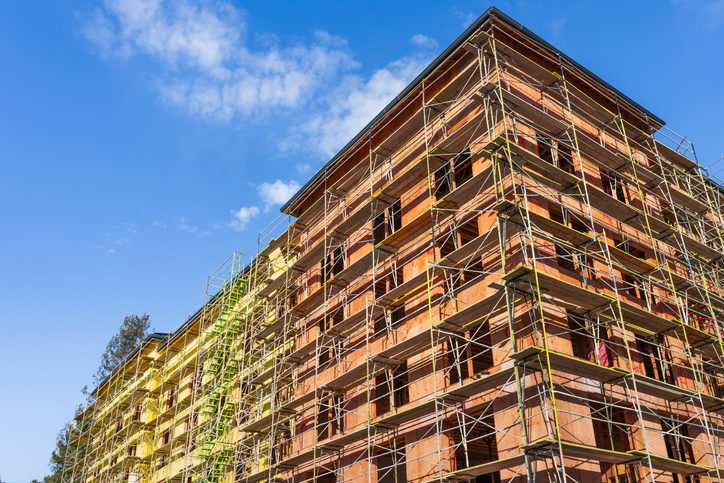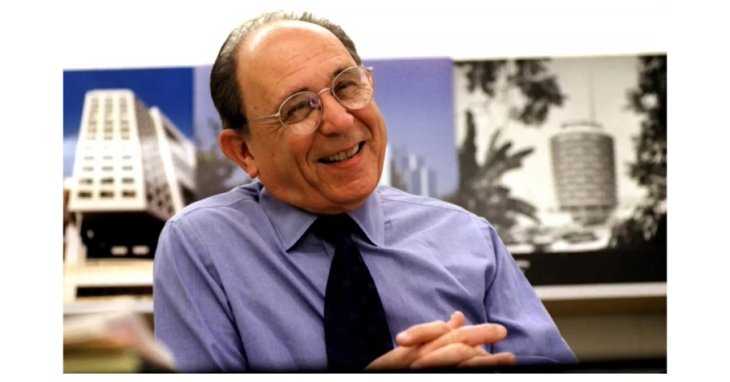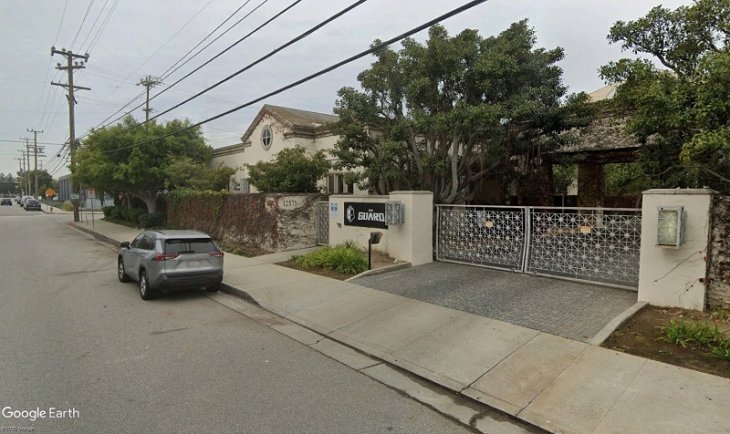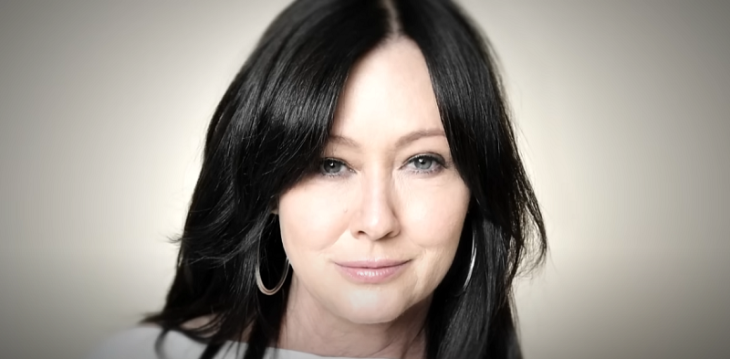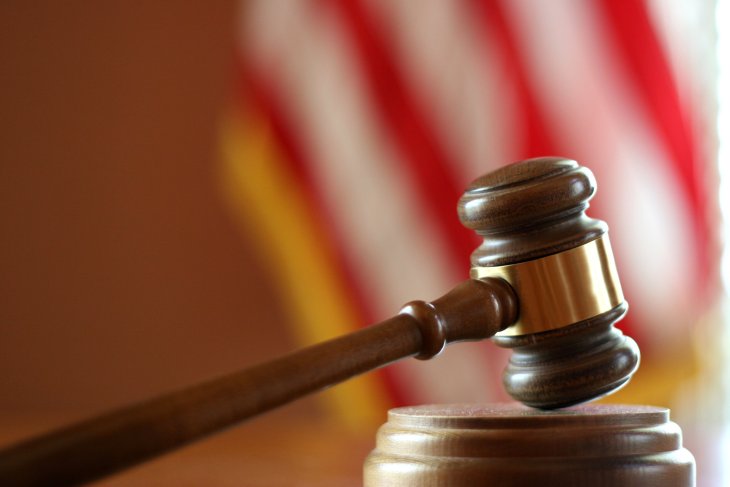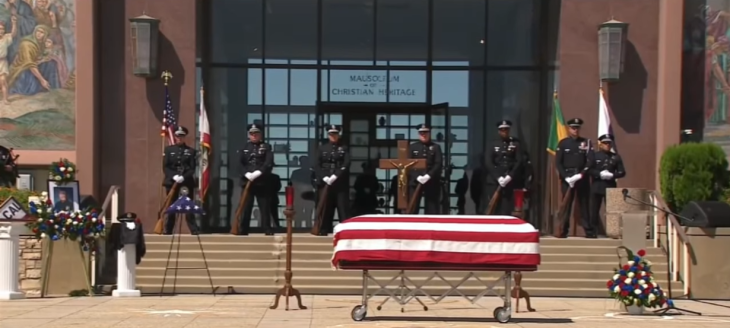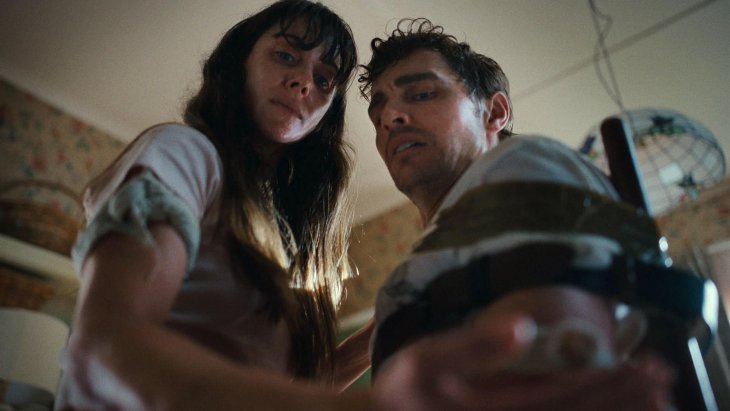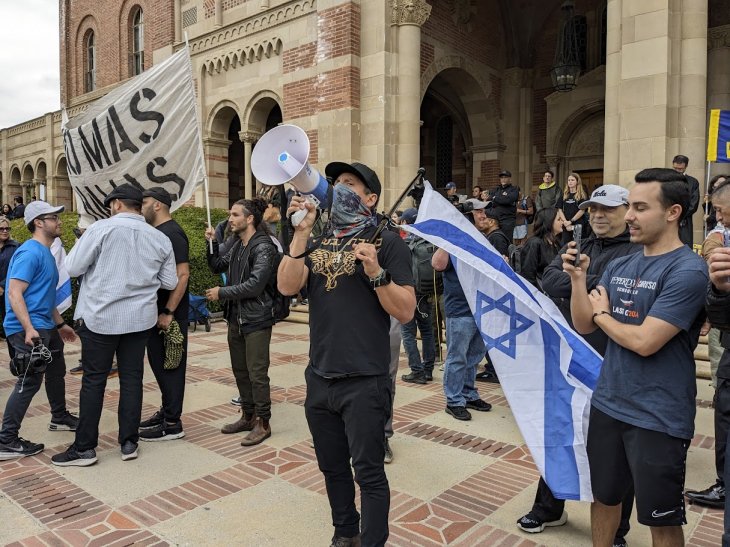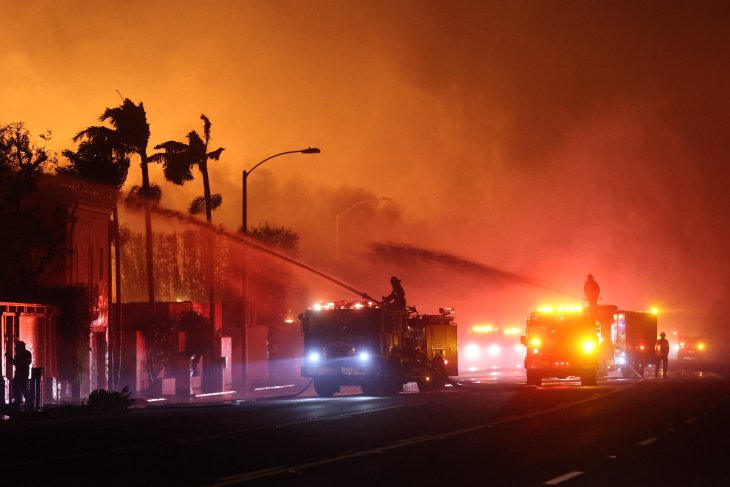“We shouldn’t feel guilty if we proceed with this program,” Mr. Hall wrote at the end of his 22 Point Plan to deal with homelessness. “We should feel guilty if we don’t.”
I am sure Mr. Hall is a well-intentioned person, as are the people who read this newspaper. But I think his proposal misses the mark by a few miles, and I don’t feel any guilt saying so.
There are three elements of Mr. Hall’s proposal with which I disagree. The first is the core of his proposal — his suggestion that we should remove the unhoused to a newly constructed facility somewhere on the outskirts of Los Angeles. I cannot support any program where the premise is to force people into a facility against their will.
I assume the appeal of this encampment idea is it looks and sounds like a utilitarian way to provide the greatest number of people with certain sanitary needs, but my concern is this path will lead to organized cruelty. If history is any guide, an institutionalization plan like this would put us on a slippery slope to repeating the mistakes of the past, like Manzanar or Willowbrook, that degraded people’s humanity, robbing them of their dignity.
I also disagree with Mr. Hall’s belief that Judge Carter, or any judicial officer, would think this proposal has the imprimatur of legal validity. Judge Carter is a federal judge overseeing a massive lawsuit involving the city and county’s responses to homelessness. But in Hall’s proposal, Judge Carter would potentially play a starring role as the “czar” overseeing this facility.
Carter would take away people’s right to privacy and personal property, supervise the psychological profiling and deprogramming of people with complex health needs, and green light the police to coerce people into these facilities. I think Judge Carter would agree each of these ideas is an affront to the Constitution and prime examples of cutting a great road through the law to get after the Devil.
Finally, Mr. Hall’s proposal omits important aspects of what Judge Carter has actually said about this issue. The first third of Carter’s 110-page injunction is devoted to an analysis of what he sees as the root cause of houselessness: structural racism. The phrase he uses is “organized abandonment in housing,” where intentional and deliberate public policy decisions created barriers to housing.
As Carter points out, this has produced our present situation where 42% of unhoused people in Los Angeles are Black, even though they make up just 8% of the population. Mr. Hall’s proposal does not acknowledge the racial disparities among the unhoused population and thus would not do anything to address the root causes of inequality and scarcity of housing in California.
I would encourage anyone who has read Mr. Hall’s proposal to read Judge Carter’s injunction also. It is an urgent document that asks us to be more aware of and sensitive to the racial dimension of the issue of houselessness. I understand that some people feel a sense of urgency to address the issue of houselessness now. But if we do not listen to what Judge Carter has written for us, and if we refuse to confront structural racism in housing, then we will only continue down the same path.
Moreover, if we choose to ignore Judge Carter’s analysis and continue to talk about poverty as an issue of personal failing or even mental illness, then we are only giving ourselves the false impression that the solutions we need are easy, obvious, and do not require conversations about inequality that might make some of us feel uncomfortable.
Philip Portnoy

